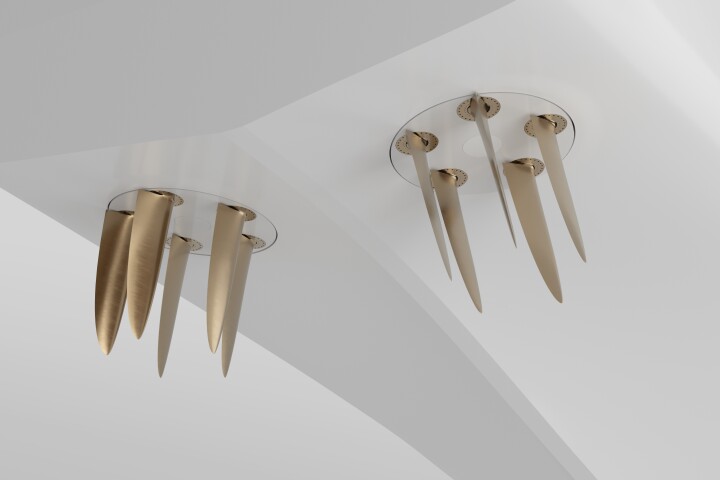If you really want to minimize the amount of toxins that you put into the environment, use rechargeable batteries. Disposable and rechargeable batteries can contain heavy metals such as mercury, lead, and cadmium, and with an estimated 3 billion batteries a year being discarded in the U.S. alone, the sometimes small amounts in each battery can really add up. Using rechargeables greatly reduces the number of batteries entering landfills, but many people don't bother buying them, or the chargers that they require. That's where earthCell batteries come in. They can be used like disposables, except that users send them away for for recharging or recycling when they're dead.
earthCells are low self-discharge nickel metal hydride (LSD NiMH) batteries, which among other things are claimed to have a much longer shelf life than regular NiMH batteries, and longer run times than alkalines. When a customer's earthCells do expire, they put them in a prepaid mailer. Once that mailer is full, the customer sends it off to the company.
Staff at earthCell will test each used battery that arrives. If it's up to snuff, it will be "revitalized," then resold - each battery can reportedly be recharged hundreds of times. If the battery is just too used up, it will be dismantled, so that its materials can be used to create new batteries.
"Our batteries are essentially rechargeable batteries," earthCell founder Jason Rugolo told us. "They can be recharged at home in LSD NiMH chargers. Our understanding is that the vast majority of people out there don't want to manage their battery stock, perhaps because batteries are an insignificant part of peoples' lives."

Rugolo is presently in the process of raising funds for his business, on Kickstarter. A pledge of US$13 will get you four AA and four AAA earthCell batteries, along with a mailer. Higher amounts will get you more, with pledges of $45 or over paying off in 10 AA's and ten AAA's.
Projected retail prices for the batteries haven't been announced yet, although Jason has stated that they will be a much better value than disposables. So far, earthCells will only be available within the U.S.
The pitch video below includes some more details.





